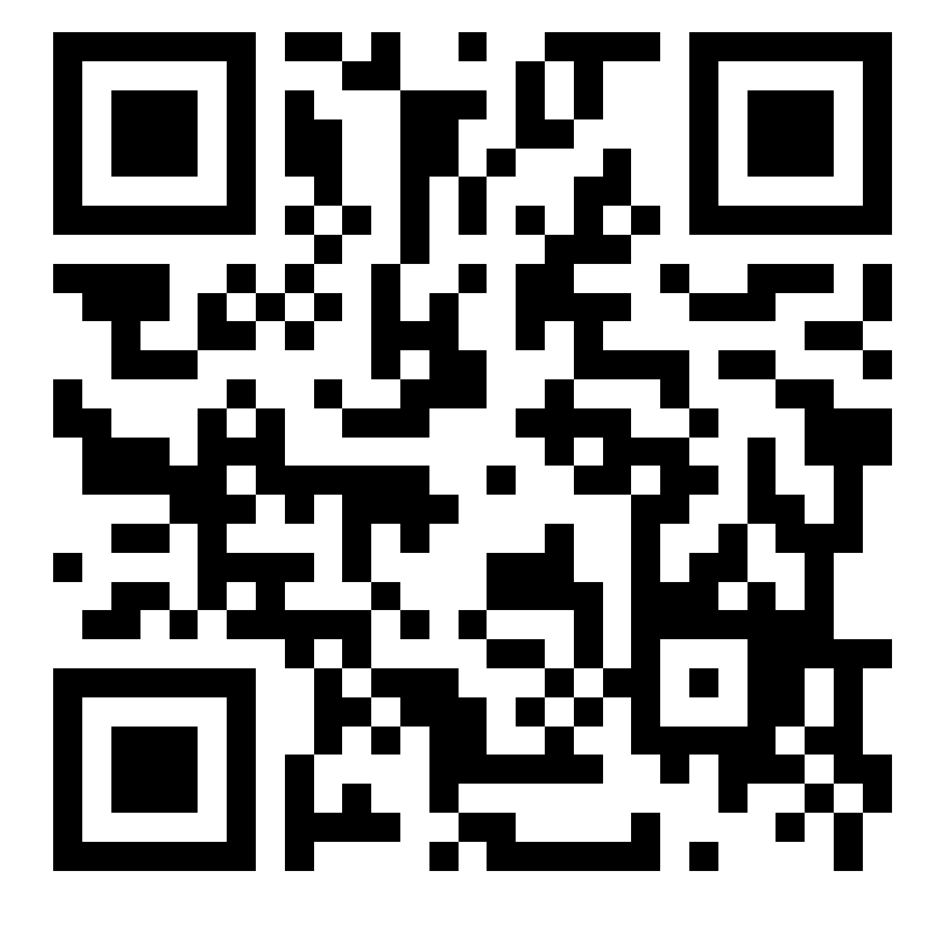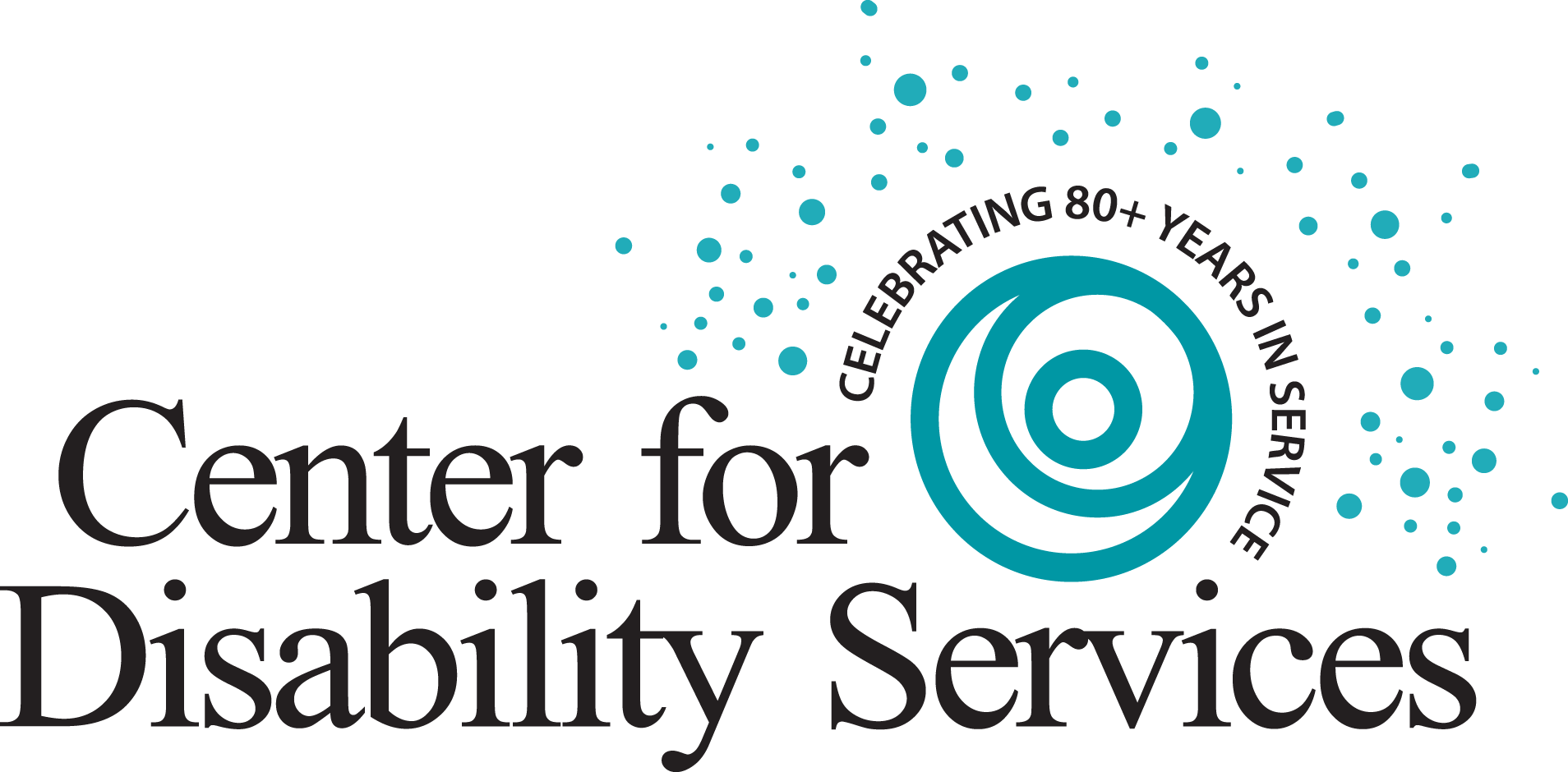Corporate Compliance
Corporate Compliance ensures that the Center for Disability Services, Prospect Center, St. Margaret’s Center and their affiliates (collectively, the “Center”) operate in accordance with applicable laws, rules and regulations, as well as Center policies and procedures. The Corporate Compliance Department enhances the Center’s mission and commitment to providing the highest quality supports, care and services by promoting integrity, legal and ethical behavior, prudent practices, and reducing the likelihood of fraud, waste and abuse.
Compliance Officer
The Center is required to designate an employee vested with responsibility for the day-to-day operation of the Corporate Compliance Program.
Kristine Pelerin is the Center’s Compliance and HIPAA Privacy Officer.
Questions or compliance-concerns may be directed to her at:
Kristine Pelerin, Compliance and HIPAA Privacy Officer
22 Corporate Woods Blvd., 5th Floor
Albany, NY 12211
Phone: (518) 944-2129
E-mail: Kristine.Pelerin@cfdsny.org
Corporate Compliance Program
Pursuant to Federal and State law, the Center is required to have an effective compliance program. The Center’s Corporate Compliance Program is a multi-faceted effort that touches every area of the organization. It is designed to prevent, detect, and correct fraud, waste, abuse, non-compliance with Federal and State health care program requirements, billing errors, inaccurate and/or incomplete statements and reports, and impermissible financial transactions, among other things. Below is an overview of the Corporate Compliance Program, including direction to additional information and resources.
What is Fraud, Waste and Abuse?
It is the policy of the Center to comply with all applicable Federal and State laws pertaining to fraud, waste and abuse in health care programs. Various laws define these terms differently; however, they generally are described as:
Fraud – An intentional deception or misrepresentation by a person with the knowledge that the deception could result in some unauthorized benefit to himself, herself or to some other person.
Waste – Overutilization of services or other practices that, directly or indirectly, result in unnecessary costs to the healthcare system, including the Medicare and Medicaid programs. It is not generally considered to be caused by criminally negligent actions, but by the misuse of resources.
Abuse – Practices inconsistent with sound fiscal, business or medical practices that result in unnecessary cost, the reimbursement for services medically unnecessary or that fail to meet professionally recognized standards for health care.
Fraud, waste and abuse also includes any act defined as constituting fraud, waste or abuse under applicable Federal or State law.
Prevention Measures
Training and Education – The Center’s Corporate Compliance Program includes training and education during new hire orientation, annual refreshers, and, when necessary, departmental and divisional-specific initiatives.
Policies, Procedures and Standards of Conduct – The obligations and operation of the Center’s Corporate Compliance Program are outlined in policies, procedures and Standards of Conduct accessible on Centernet for staff and this page of the Center’s website.
Reporting Mechanisms – The Center has established and implemented a number of ways in which compliance concerns can be confidentially reported. They are described more fully below.
Background Checks – When required by law, criminal background checks are performed on individuals following an offer of employment, but prior to the individual starting work. In addition, checks are performed on staff, vendors, Board members and volunteers against various exclusion lists published by Federal and State agencies. These lists identify, among other things, individuals and entities who have been convicted of health care fraud.
Legal Review of Contracts – Contractual arrangements to which the Center is party are reviewed by the Legal Department.
Disciplinary Standards – The Center has established disciplinary standards, and implemented procedures for the enforcement of such standards, to address potential compliance violations and encourage good-faith participation in the Corporate Compliance Program.
Detection Measures
Billing Safeguards – The Center utilizes software designed to assist in the proper documentation of billable services.
Auditing and Monitoring – The Corporate Compliance Department performs audits and other reviews across the organization to prevent, detect, and correct fraud, waste, abuse, non-compliance with Federal and State health care program requirements, billing errors. Many of these reviews/audits focus on high-risk areas such as those identified in the work plans of the United States Office of Inspector General and New York State Office of the Medicaid Inspector General, as well as other areas of concern identified by the Center through its Corporate Compliance Program functions.
Identifying Conflicts of Interest – The Center has adopted a policy that contains standards and procedures for identifying and addressing conflicts of interest.
Responding to Compliance Concerns – The Center has established and implemented procedures and systems for promptly responding to compliance concerns, including issues reported to the Corporate Compliance Department or identified in the course of an internal or external audit.
Other Functions of Corporate Compliance
Compliance with Confidentiality and Privacy Laws – Corporate Compliance also ensures the confidentiality, privacy, and availability of confidential information, protected health information, electronic protected health information, private personal information, and patient information as defined under applicable Federal and State laws, rules and regulations, including, but not limited to, the Health Insurance Portability and Accountability Act (HIPAA), New York Mental Hygiene Law, New York Public Health Law, and New York Security Breach and Notification Act.
What are Examples of Compliance Concerns?
While not exhaustive, below are some examples of compliance concerns that should be reported include:
- Billing for services that were not actually rendered;
- Charging more than once for the same services;
- Billing for medically unnecessary services;
- Falsifying records used to bill or retain payments from Medicaid or Medicare;
- Not timely reporting and returning an overpayment;
- Inappropriately disclosing or using confidential information regarding Center employees or patients/individuals supported;
- Violating applicable laws, rules and regulations, as well as Center policies and procedures;
- Being unlicensed and performing services that only a licensed professional may render; and/or
- Accepting a bribe or kickback from a vendor or contractor.
If there is a question of whether a particular activity should be reported, please reach out confidentially to a supervisor or the Corporate Compliance Department.
What is Your Role in the Compliance Program?
All persons associated with the Center are responsible for conducting themselves in accordance with applicable laws, rules and regulations, as well as the Center’s policies and procedures. This includes Directors, Officers, employees, interns, externs, volunteers, contractors, consultants, and vendors of the Center – all of whom are expected to understand and comply with the Corporate Compliance Program, including reporting suspected compliance concerns, as well as cooperating with, and participating in, compliance-related reviews, audits, and investigations.
To Whom Should Compliance Concerns be Reported?
Compliance Concerns related to the Center may be confidentially reported:
- To a Supervisor;
- To the Corporate Compliance Department at (518) 944-2129;
- Anonymously to the Corporate Compliance Hotline by phone at (518) 437-5871 or via online form
- Click here or scan the QR code to access the form
 ; and/or
; and/or
- Click here or scan the QR code to access the form
- In accordance with the Center’s Whistleblower Policy.
Non-Retaliation Policy
Under the Center’s Whistleblower, and Corporate Compliance Non-Retaliation and Non-Intimidation, Policies, retaliation and/or intimidation against anyone who reports a concern in good faith is prohibited. Reported concerns and claims of retaliation will be reviewed and, if required, investigated. Any individual who has engaged in acts of retaliation and/or intimidation will be subject to appropriate disciplinary action, which may include termination of employment or other relationship with the Center.
Deficit Reduction Act of 2005
The Center is committed to compliance with the Deficit Reduction Act of 2005, and has adopted a policy (click here) that summarizes the federal and state laws and administrative remedies for preventing and detecting fraud, waste and abuse, and those that provide whistleblower protections. All contractors, consultants, and vendors are expected to abide by these policies while performing services for, or on behalf of, or supplying products to the Center.

